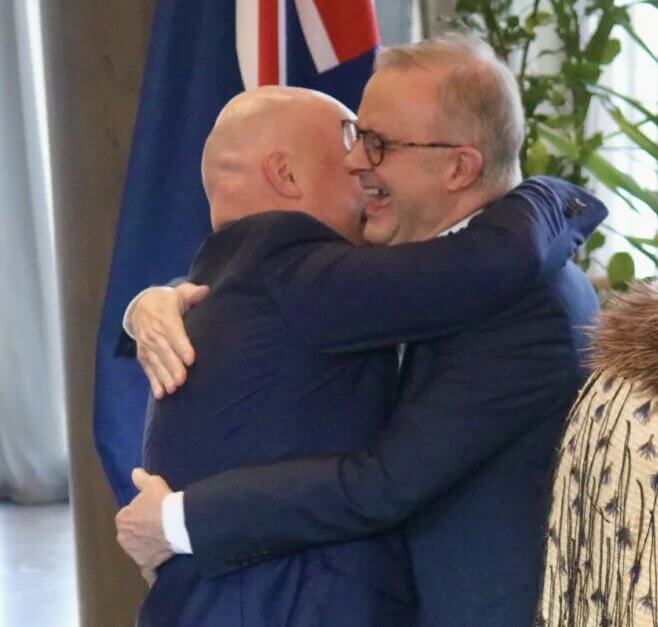In brief
- There are often conflicts between elected officials and bureaucrats in the public service.
- If you are not allowed to monitor operations, in any way you choose, very likely you will not have the whole story.
- Given the short election cycle, a quick start and moving at pace is essential if you want to make lasting, meaningful change to large government departments.
- Auckland Councillor Ken Turner calls the system “corrupt” for its resistance to transparency.
Where is the line between governance and management?
In the public service, the line between ‘governance’ and ‘management’ is hotly contested. Centrist wonders why the government of the day, who, afterall, have been voted in, doesn’t insist its “line” prevails?
Bureaucrats tasked with giving effect to the day to day operations of a public service entity may wittingly or unwittingly make it difficult for those elected officials to peek under the hood. However, without oversight of the managerial or operational level any board of directors or elected officials will be hard pressed to be able to improve outcomes or find efficiencies.
Strong powers of observation, relevant experience, practical solutions and follow through are all important.
It is impossible to observe at a distance who is actually effective, in a particular situation, regardless of their CV. However, the media would often suggest they (ie. the media) have more insight into who is doing what more than we think they do.
Bureaucratic oversight and the $90m cycleway project
Auckland City Councillor Ken Turner’s concerns over a West Auckland cycleway project estimated to cost at least $90m illustrates the problem of not having a good enough vantage point.
“It’s a managerial problem,” Turner told Reality Check Radio. He describes the system as “corrupt,” not in terms of illegal activities, but in its inefficiency and lack of transparency. “We all see what’s wrong, but as a bureaucracy, it’s not working,” he said.
“I want to sit on some working groups. I’m told, no. Not for elected members, only staff. We’ll give you a report in six months time. Well, by then..big deal! There’s been so much work done, it’s almost at a point of no return. There’s no oversight,” he said.
“You have to know what management decisions are and the rationale behind management decisions to be able to govern. If they’re making stupid decisions, it’s the government’s job to put them straight,” he said. “We’re not transparent enough,” he asserts.
“The project gets handed down the line to a whole bunch of people that’s out of sight. And then we find out we’re short of money, we need some more. And when you go down on the street to actually talk to the people with the shovels delivering, you realise, why the hell did you do it this way? Why is it gold plated? People seem to get carried away when it’s not their own money. A little bit on all levels.”
Centrist heartily agrees with Turner’s assessment of how things are usually working behind an opaque screen.
Another problem, according to Turner, is that, as an elected official, he may be out of a job with a new election. “You think leave it to me, I’ll do my very best for you, but in the back of your mind, you’re thinking, ‘I have no tenure here’,” he said.



















